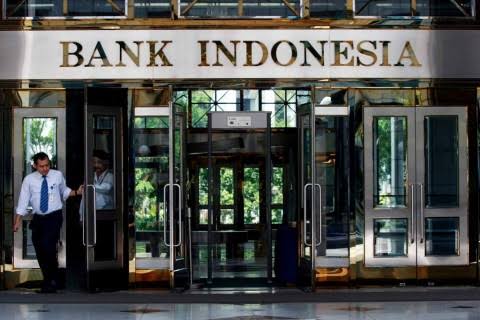Jakarta: Indonesia's external debt position recorded a further decrease in the third quarter of 2022, according to Bank Indonesia (BI).
At the end of the reporting period, the position of external debt in Indonesia stood at USD394.6 billion, down from USD403.6 billion in the second quarter of 2022.
The latest developments stemmed from lower debt positions recorded in the public sector (Government and Central Bank) and private sector.
Annually, the external debt position experienced a deeper 7.0% (yoy) contraction in the third quarter of 2022 after contracting 2.9% (yoy) in the previous quarter.
"Government external debt maintained a downward trend in the third quarter of 2022," BI Communication Departement Executive Director Erwin Haryono said in a media release on Tuesday.
The position of government external debt retreated to USD182.3 billion in the third quarter of 2022 from USD187.3 billion in the second quarter of 2022.
Annually, government external debt recorded a deeper 11.3% (yoy) contraction in the reporting period compared with an 8.6% (yoy) contraction in the second quarter of 2022.
"Private external debt also maintained a downward trend," the BI official added.
The position of private external debt decreased to USD204.1 billion in the third quarter of 2022 from USD207.7 billion in the previous quarter.
Annually, private external debt experienced a deeper 2.6% (yoy) contraction in the reporting period after declining 0.1% (yoy) in the second quarter of 2022.
"The structure of external debt in Indonesia remains sound, supported by prudential management," he stated.
External debt was still manageable in the third quarter of 2022, as reflected by a lower ratio of external debt to gross domestic product (GDP) from 31.8% in the second quarter of 2022 to 30.1% in the third quarter of 2022.
In addition, the sound structure of external debt in Indonesia is dominated by long-term debt, accounting for 87.4% of total external debt.
"Seeking to maintain a healthy structure, Bank Indonesia and the Government continued to strengthen coordination in terms of monitoring external debt, supported by the application of prudential principles, while optimising the role of external debt to support development financing and accelerate the national economic recovery, as well as minimise the risks that could impact economic stability," he concluded.
Cek Berita dan Artikel yang lain di Google News
FOLLOW US
Ikuti media sosial medcom.id dan dapatkan berbagai keuntungan



















